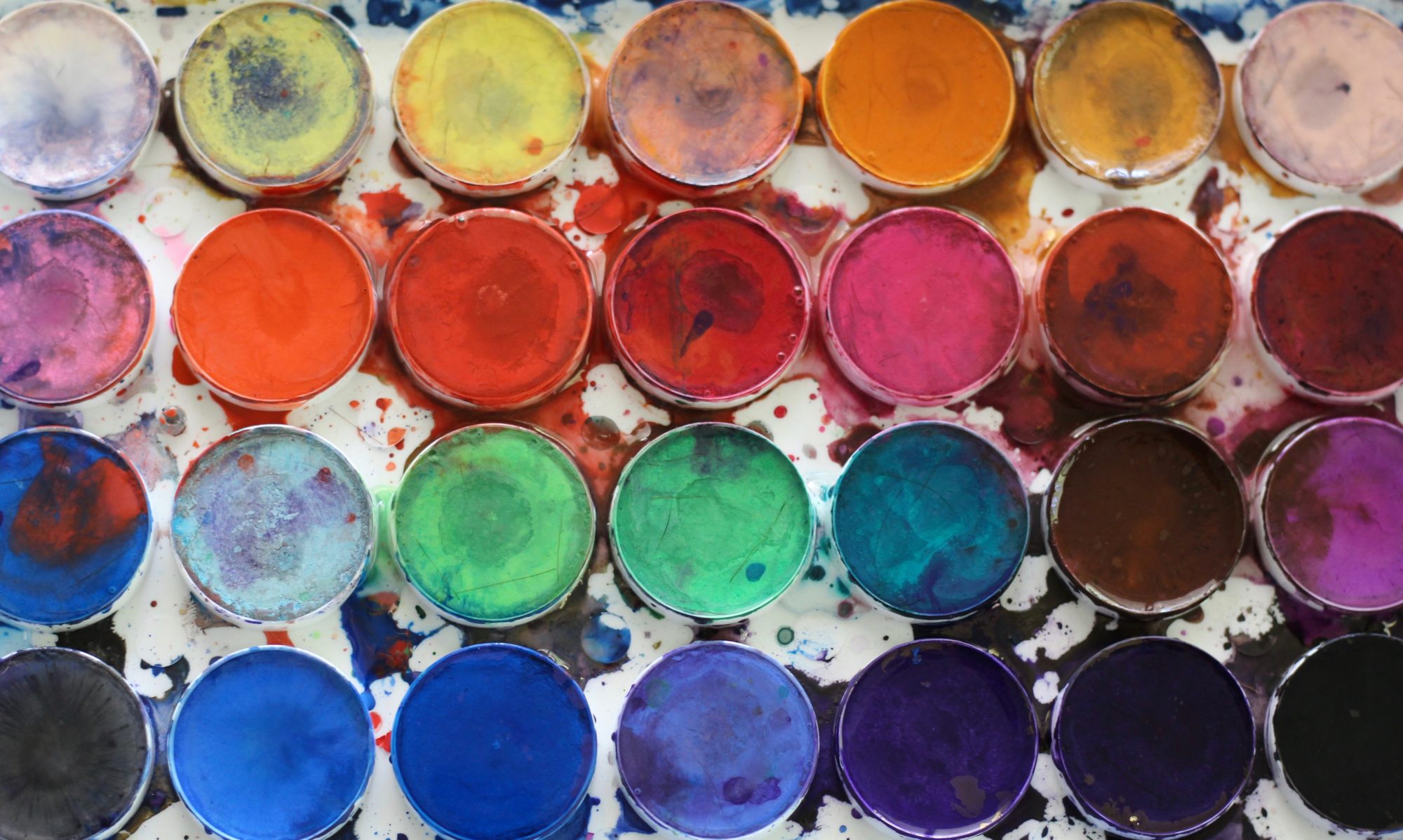
I thought I would be a good mom, you know, one that embraced her children’s interests and science and nature and said “yes” once and awhile, especially since this is my oldest’s last summer before kindergarten. But. Oh. My. God.
Three weeks ago, we spied butterfly eggs, helplessly lying on the leaf of my daughters sunflower plant. The plant my daughters raised from tiny sunflower seeds, given to them in a party bag, the seeds they lovingly shoved into a weird puck of hard packed dirt, the plants that had already survived the dutiful over-watering of a five and three year-old, their “gentle” hands, several drop and spills and an aphid infestation. They likely wouldn’t survive a hundred hungry caterpillars. Seriously, why this plant?
Unbeknownst to me, they built a caterpillar Tupperware terrarium and scraped the eggs from the leaf into the container. I warned them they were unlikely to live.
They placed the container on the counter and studied its contents each day. Nothing happened. Just as they were about to be written off completely, and the dirt deposited back into the earth, they popped out of the eggs and a very tiny caterpillar climbed up the side of the container.
I thought I knew what I was doing, I had read Eric Carle’s, The Very Hungry Caterpillar after all — a deceptively short book.
I cut off a couple of sunflower leaves and placed them gently into the container. With a piece of grass I carefully dropped each very tiny caterpillar onto the leaves, sprinkled on a few tiny water droplets. The three of us, mesmerized, peered into the container. I warned them again, it was still very unlikely they would survive.
When they began to nibble tiny holes in the leaf, I thought to myself maybe, just maybe they would be OK.

The next day, my five-year-old daughter asked, “Do wood bugs eat baby caterpillars?”
“Why?” I asked, as my daughter led me to the container and pointed at a very large, very grey, wood bug.
“Take it out,” I said.
“Why?” she asked. I raised my eyebrows and she carefully picked up the wood bug and carried it outside.
Google confirmed wood bugs do, in fact, eat baby caterpillars — which might explain why there were less caterpillars than there were yesterday. How did parents even parent pre-Google?
“There’s two,” she informed me, “There’s another wood bug somewhere under the dirt.” So again I warned them, the caterpillars were unlikely to survive.

The following day, I took a head count: One missing wood bug resurfaced, three wilted leaves, nine tiny caterpillars, a plethora of caterpillar poo and one clump of quinoa — they like to watch them while they eat.
A few days later, none of the caterpillars were moving and I was certain they were all dead. They weren’t. The quinoa had sprouted some mold and a tiny little weed curled out from the dirt. They needed a container change — as if I didn’t have anything better to do (but I don’t, I really don’t, because these little guys make her heart happy, so my heart is happy) — I instructed my children on how this should happen, because unlike Eric Carle’s hungry caterpillar, these little guys are highly particular about the food they choose to eat and defaecate on. I encouraged the caterpillars from very wilted leaves and the girls replaced them with fresh ones.
Google assured me my their beloved caterpillars look very much like cabbage worms. Which made me feel slightly less guilty about this unintentional science exploration as all of the websites listed ways to eradicate the pest, rather than care for it.
Two weeks later, there were ten. I don’t know where the tenth came from, it’s much smaller than the others. They poo a lot, by a lot I mean A LOT. They eat a lot. Also they’ve turned orange and black, are very furry, and are most definitely adorable little Woolly Bear caterpillars. Google says they will molt — which makes their heads falling off feel less alarming now — six times before forming a chrysalis. Six. Eric Carle told this story in twelve pages.
The five-year-old says she does not want to set them free at the park, not even just a couple. Instead she gathers a variety of leaves, flowers and sticks from every place we visit — a self-proclaimed caterpillar mom.
With any luck, in a couple months she will be releasing her moths into the wilderness. Around the same time I will be dropping my oldest off at kindergarten — marking the end of a monumental summer of transformation. I imagine it will feel like a combination of “I’m so sad this time is over” and “I’ve waited so long for this” for both of us mothers.

Stay tuned.





